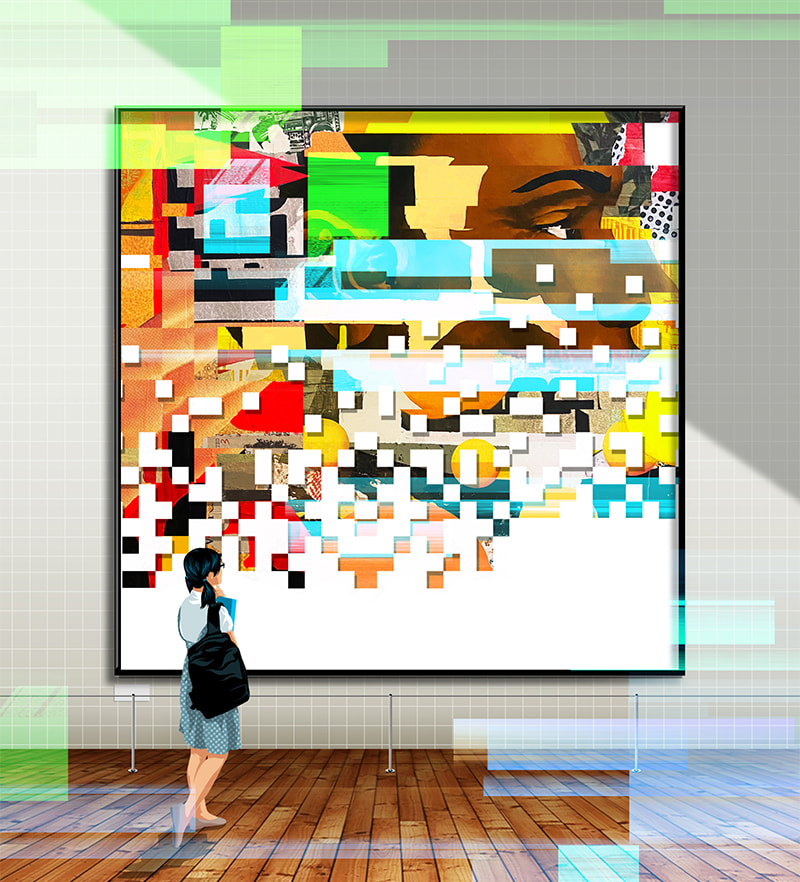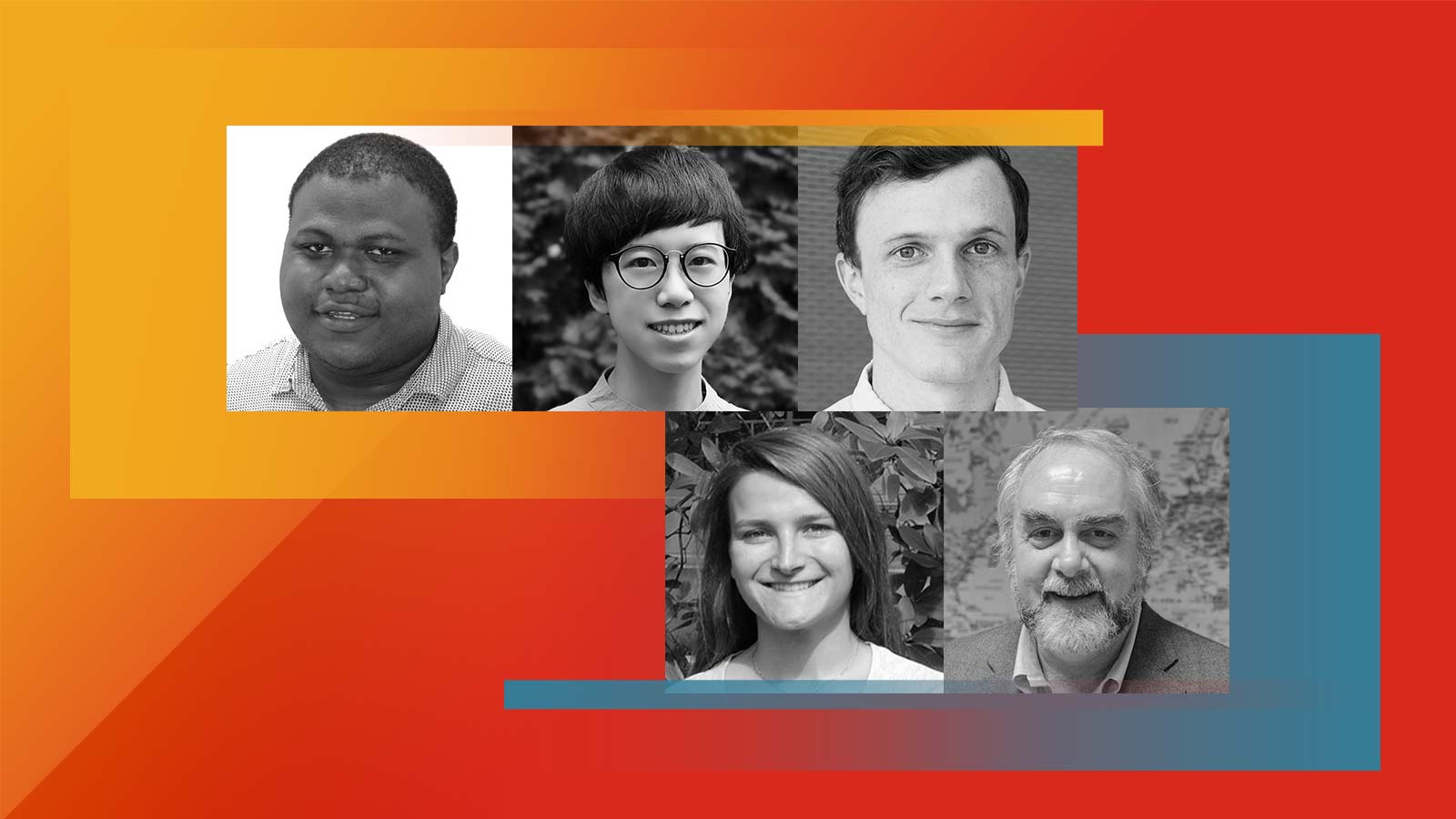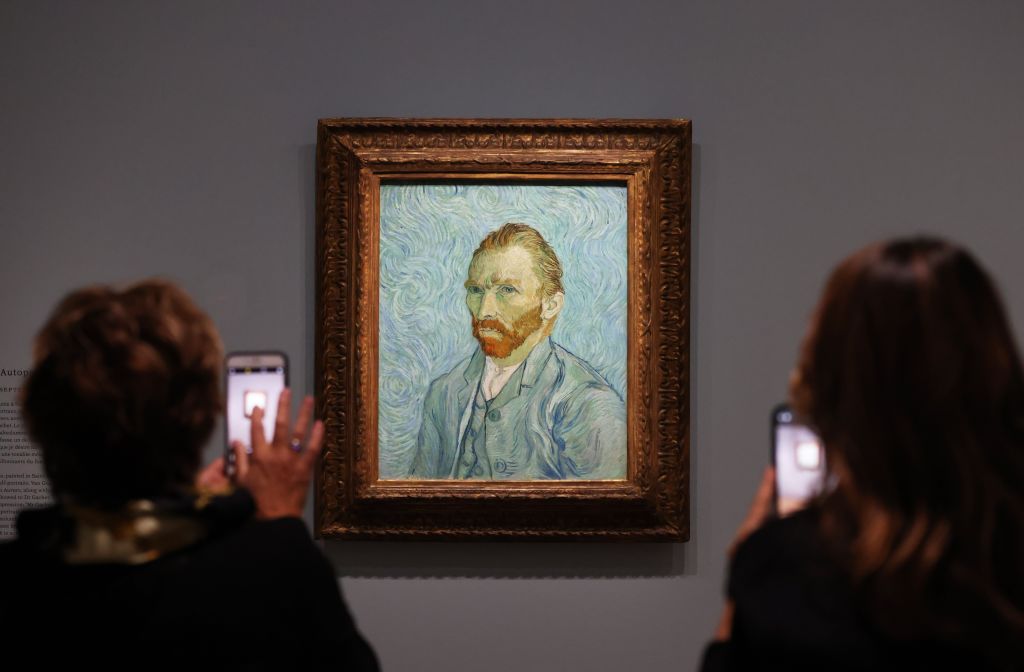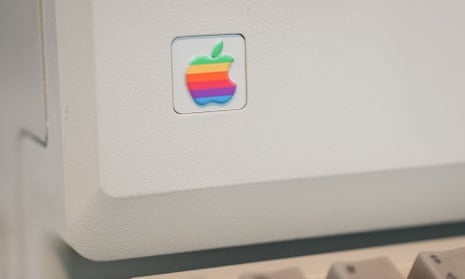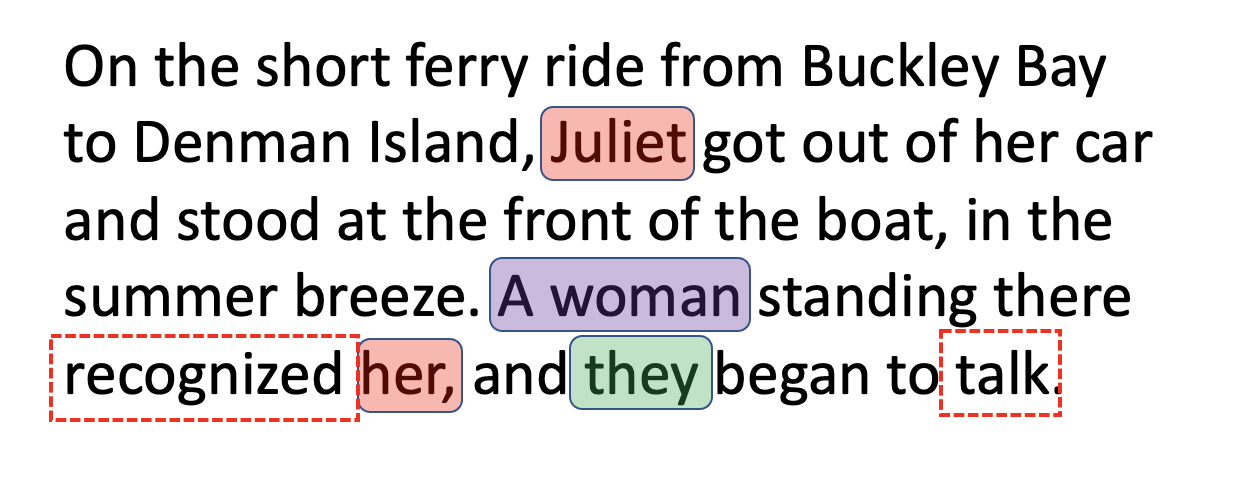AI is already unlocking massive growth in industries across the economy. Many Canadians are already feeling the benefits of using AI to work smarter and faster.
The Prime Minister’s office has just announced a large investment in AI. See Securing Canada’s AI advantage | Prime Minister of Canada. This is a pre-budget announcement of $2.4 billion going to AI related things including:
- 2 billion “to build and provide access to computing capabilities and technological infrastructure for Canada’s world-leading AI researchers, start-ups, and scale-ups”
- Setting up a “Canadian AI Safety Institute” with $50 million “to further the safe development and deployment of AI”. This sounds like a security rather than ethics institute as it will “help Canada better understand and protect against the risks of advanced or nefarious AI systems, including to specific communities.”
- Funding for the “enforcement of the Artificial Intelligence and Data Act, with $5.1 million for the Office of the AI and Data Commissioner.”
There are also funds for startups, workers, and businesses.
The massive funding for infrastructure follows a weekend opinion piece in the Globe and Mail (March 21, 2024) on Canada’s AI infrastructure does not compute. The article suggests we have a lot of talent, but don’t have the metal. Well … now we are getting some metal.



